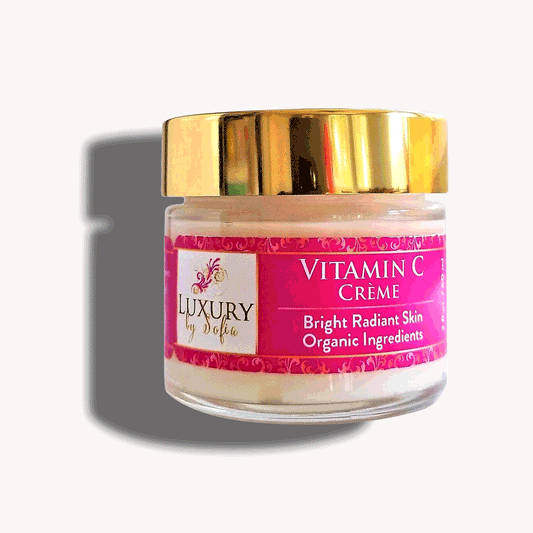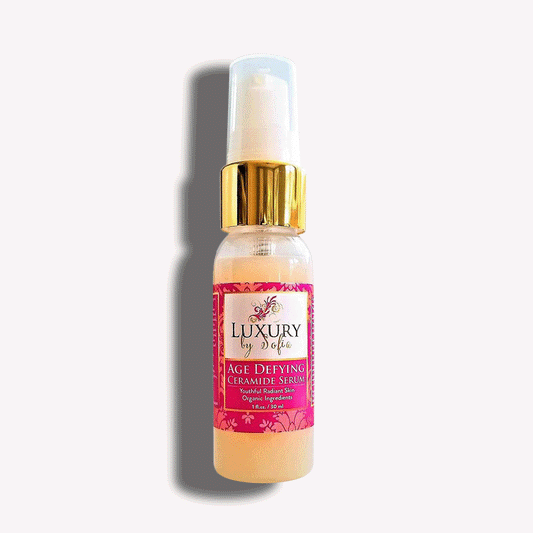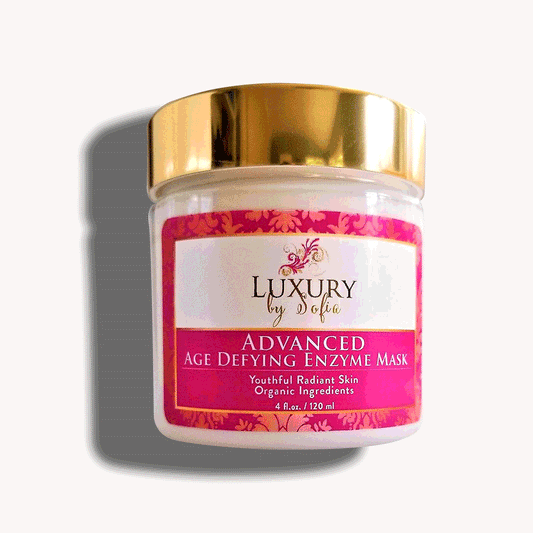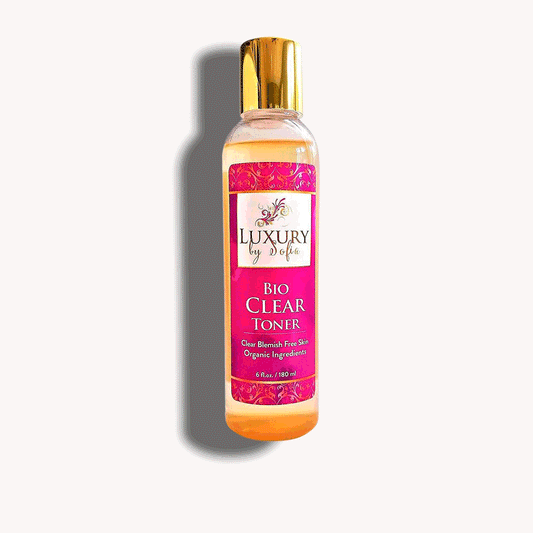In recent years, there has been a growing trend towards using organic beauty products as consumers become more conscious about the ingredients they put on their skin. The demand for organic beauty products has led to an increase in the number of brands claiming to offer natural and organic products. However, with the rise of greenwashing - a marketing tactic used to make products appear more environmentally friendly than they really are - it has become crucial for consumers to look for genuine certifications to ensure the products they are purchasing are truly organic.

What Is Certification In The Beauty Industry?
Certification in the beauty industry refers to the process of obtaining approval from reputable third-party organizations that assess and verify the quality and authenticity of a product’s organic claims. These certifications are designed to provide transparency and credibility to consumers, helping them make informed decisions about the products they use on their skin.
Role Of Certification In Organic Beauty Products
-
Ensuring Transparency: Organic certifications require brands to disclose all ingredients used in their products, ensuring that consumers have access to transparent information about what they are putting on their skin. This transparency helps consumers make informed choices that align with their values and preferences.
-
Guaranteeing Quality: Organic certifications establish strict standards for the sourcing and production of ingredients, ensuring that the products meet high-quality and ethical standards. Consumers can trust that certified organic beauty products are free from harmful chemicals, pesticides, and synthetic additives that may be damaging to their health and the environment.
-
Supporting Sustainable Practices: Organic certifications promote sustainable practices such as organic farming, fair trade sourcing, and environmentally-friendly packaging. By choosing certified organic beauty products, consumers are supporting brands that prioritize sustainability and ethical practices in their production processes.
-
Building Consumer Trust: Certification logos from reputable organizations such as USDA Organic, Ecocert, and COSMOS provide a sense of trust and credibility to consumers. These certifications serve as a seal of approval, assuring consumers that the products they are purchasing have been rigorously tested and verified to meet organic standards.
Try Now: All Our Organic Beauty Products
Conclusion
Certification plays a crucial role in the organic beauty industry by providing transparency, guaranteeing quality, supporting sustainable practices, and building consumer trust. As the demand for organic beauty products continues to grow, it is essential for consumers to educate themselves about the different certifications available and choose products that have been certified by trusted third-party organizations. By opting for certified organic beauty products, consumers can not only enhance their skincare routine, but also contribute to a more sustainable and ethical beauty industry.
Remember to always look for certified organic beauty products to ensure you are truly getting the benefits of natural and high-quality ingredients for your skin!













